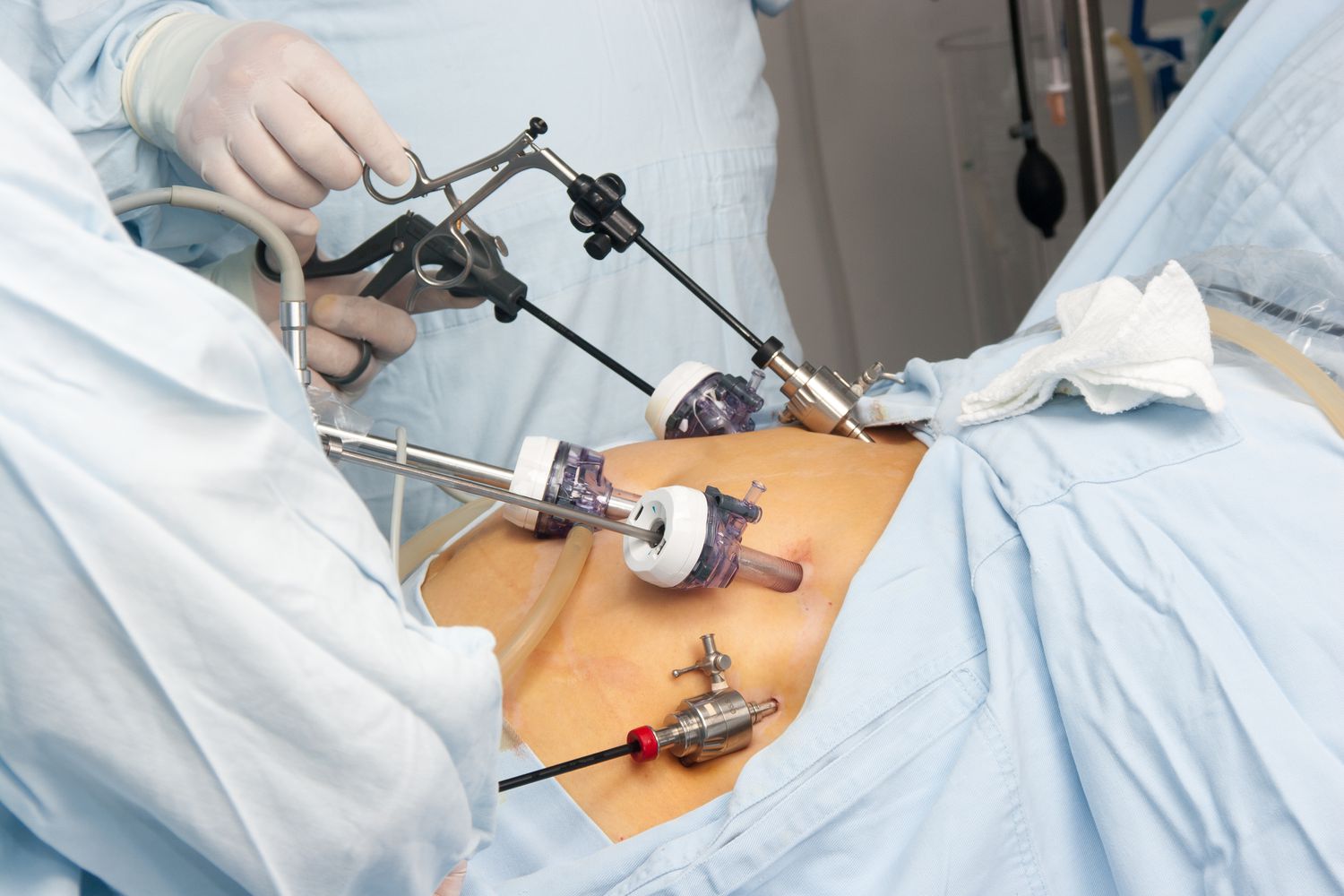Bariatric surgery is a medical procedure performed on individuals with obesity, typically when other weight loss methods have been unsuccessful or when severe health problems are associated with obesity. The primary goal of bariatric surgery is to reduce the size of the stomach or alter the digestive process, leading to significant weight loss.

There are several types of bariatric surgery, and the choice of procedure depends on various factors such as the patient's overall health, BMI (Body Mass Index), and medical history. Some common types of bariatric surgery include:
1.Gastric Bypass Surgery (Roux-en-Y): This procedure involves creating a small pouch at the top of the stomach and connecting it directly to the small intestine. This limits the amount of food that can be consumed and reduces the absorption of nutrients.
2.Sleeve Gastrectomy: This surgery involves removing a large portion of the stomach, leaving a sleeve-shaped tube. It restricts the amount of food the stomach can hold and reduces the production of appetite-regulating hormones.
3.Adjustable Gastric Banding: A band is placed around the upper part of the stomach, creating a small pouch that can hold only a limited amount of food. The band can be adjusted to control the amount of food that enters the stomach.
4.Biliopancreatic Diversion with Duodenal Switch (BPD/DS): This procedure involves removing a large portion of the stomach and rerouting the small intestine to limit both the amount of food consumed and nutrient absorption.
Bariatric surgery is not a cosmetic procedure but rather a treatment for obesity and related health conditions. It can lead to significant and sustained weight loss, improvement in obesity-related conditions such as type 2 diabetes and hypertension, and an overall enhancement of quality of life.
However, like any surgical procedure, bariatric surgery carries risks and potential complications. It is crucial for individuals considering bariatric surgery to undergo a thorough evaluation, discuss the potential benefits and risks with their healthcare team, and make an informed decision. Additionally, post-surgery, patients typically need to make significant lifestyle changes, including adopting a healthy diet and incorporating regular physical activity to ensure long-term success. Regular follow-up with healthcare professionals is also essential for monitoring progress and addressing any potential issues.
